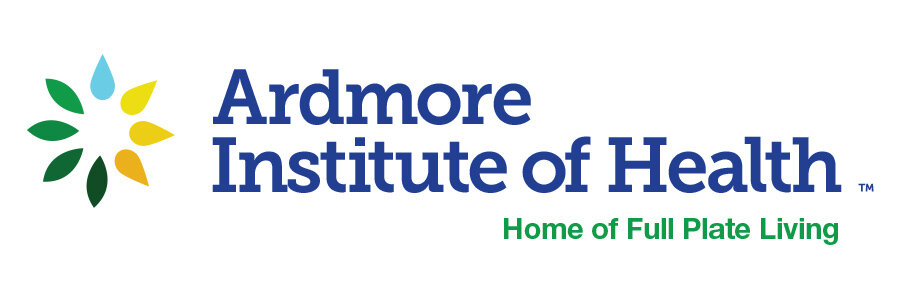Is Coconut Oil a Heart-Healthy Fat?
Coconut oil is currently riding a tsunami of stardom. It is considered a staple cooking item in the widely-popular Paleo, Keto and Whole30 diets. It is purported to be a miracle food with numerous health benefits, including helping with weight loss, being good for blood sugar and helping stop heart disease(1), even though it’s about 90% saturated fat.
So what sayeth the scientific evidence?
Two recent studies
The first study(2), a systematic review and meta-analysis involving 16 clinical trials, found that coconut oil (used in cooking, added to foods or taken as a supplement) significantly elevated LDL cholesterol compared to nontropical, liquid vegetable oils like olive, soybean, safflower or canola. Coconut oil had no significant effect on body weight, percentage body fat or fasting blood sugar as compared with the vegetable oils. Based on these results, the authors concluded that “coconut oil should not be viewed as healthy oil for cardiovascular disease risk reduction and limiting coconut oil consumption because of its high saturated fat content is warranted.”(2)
The second paper(3), another systematic review and meta-analysis of 12 studies, found that coconut oil significantly raised LDL cholesterol levels compared to liquid vegetable oils but not as much as animal fat (butter and beef fat). The data suggested that unrefined, virgin coconut oil didn’t seem to raise LDL cholesterol as much as refined coconut oil. The authors concluded that the “present review does not recommend replacing a significant amount of unsaturated fat–rich plant oil in the diet with coconut oil,...”
American Heart Association (AHA) 2017 Advisory
The AHA recommends avoiding coconut oil because it increases LDL cholesterol, a cause of cardiovascular disease, and “has no known offsetting favorable effects.”(4)
Taken together, it can be concluded there is no convincing evidence to support the popular claim that coconut oil is a heart-healthy fat.
Recommendations for decreasing your risk of heart disease
In order to optimize your LDL cholesterol (<100 mg/dL):
Minimize the use of coconut oil and all saturated fat-rich foods including processed and unprocessed meat, poultry, eggs and full-fat dairy products.
Increase the use of plant fats such as avocados and liquid vegetable oils, like olive, avocado, safflower, sunflower, etc..
Increase the use of low-fat plant sources of protein: beans, peas, lentils and whole grains.
If you are under medical supervision for any reason, consult with your doctor before following these recommendations.
References
https://www.thestreet.com/lifestyle/health/benefits-of-coconut-oil-14776575
Neelakantan N, Seah JYH, van Dam RM. The Effect of Coconut Oil Consumption on Cardiovascular Risk Factors: A Systematic Review and Meta-Analysis of Clinical Trials. Circulation. 2020 Mar 10;141(10):803-814. doi: 10.1161/CIRCULATIONAHA.119.043052. Epub 2020 Jan 13. PMID: 31928080.
Teng M, Zhao YJ, Khoo AL, Yeo TC, Yong QW, Lim BP. Impact of coconut oil consumption on cardiovascular health: a systematic review and meta-analysis. Nutr Rev. 2020 Mar 1;78(3):249-259. doi: 10.1093/nutrit/nuz074. PMID: 31769848.
https://www.ahajournals.org/doi/full/10.1161/CIR.0000000000000510

